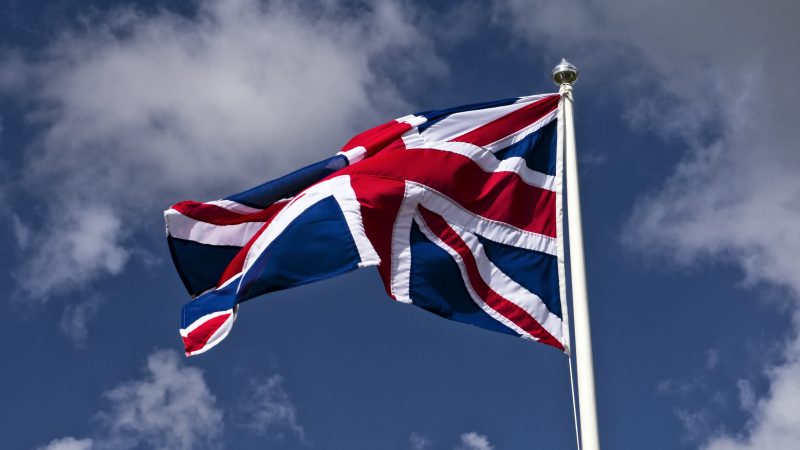
A lack of faith in the intentions of politicians and their ability to make our lives better is an overwhelming theme of British politics in 2023. The public now value respect more than any other attribute in a politician. To Keir Starmer’s great credit, he has recognised this. His recent speeches talk of respect, restoring trust and hope.
However, before the distrust of the 2020s came the division of the late 2010s, when visceral divides over Brexit were at the core of British politics. They have subsided following the settling of that issue in 2019, with Britain not fully following the United States and others into the culture wars. Yet the evidence is clear that those cultural divides remain more stark than we might like to think.
Some voters feel politicians are dismissive of their values
While lots of factors underpin the loss of faith in politics, the feeling that politicians are dismissive of the values most people hold is surely a central part of the picture. That was one of the core lessons of Jeremy Corbyn’s time as Labour leader. He failed to show the public, particularly voters who are more culturally conservative, that he had respect for them.
This makes sense of Starmer’s target audience for the respect agenda – ordinary ‘working people’ – laid out in his speech to the Liverpool conference. He used the phrase again repeatedly in his speech at Silverstone this month.
Labour’s leadership has done a good job of showing itself to be more comfortable with the symbols of Britain. The Union Jack was once again on full display in Liverpool, a year after the singing of the national anthem in respect to the late Queen.
Labour needs to find a clearer voice on culture war issues
Yet articulating British values is more difficult than and just as important as symbols. It is made harder due to the media’s propensity to merge these sentiments with culture war issues – presenting, if implicitly, any progressive stance on race, sex and gender as juxtaposed to British values or the sentiments of ‘ordinary’ people.
Conservatives, of course, are leaning into the culture wars, seeing them as wedge issues on which they have the advantage. They are actively seeking to demonstrate respect to some, while disrespecting others. In response, Labour’s frontbench has avoided identity issues, rightly believing them to be a trap. A stay silent strategy is not the worst one. It will likely be enough politically to win the next general election, but as others have argued, it leaves a vulnerability.
So at some point Labour will need to find a clearer voice on culture war issues. This is often seen as a binary choice. Embrace the so-called woke narrative or reject it in favour of cultural conservatism. The former risks alienating voters in rural areas and towns, the latter risks the ire of many activists, members and supporters in cities.
British values and progressive ideas are compatible
I believe, however, there is a way through the centre, because I reject the implicit assumption that embracing the values British people hold means leaving good progressive causes behind.
In illustrating this point, I recall a podcast I recorded with Helen Belcher, co-founder of Trans Media Watch, about issues facing trans people. One line stuck with me: “It is just impolite to misgender someone.” While somewhat of an understatement, it perfectly linked living up to a basic – even joked about – British value with a progressive attitude. At the same time, it chimed with how most people see issues around gender identity.
When I think of British values, words that come to mind are politeness, mutual respect and quiet decency. This gives us a way to talk about the culture wars that both speaks to how the British see the world and remains progressive. There is nothing decent about racism, nothing polite about misgendering, nothing respectful about misogyny. Nothing British about bigotry.
As such, much of what is argued for by progressives on cultural issues should be said to be living up to British values, not done despite them. I would very much like to see Labour’s leaders saying that to the country.




More from LabourList
MPs, union leaders and organisations react to ‘bruising’ Gorton and Denton result
A gory night for Labour
‘SEND reforms are a crucial test of the opportunity mission’